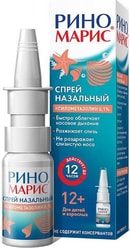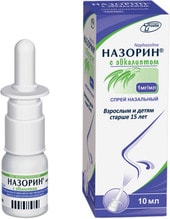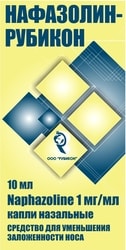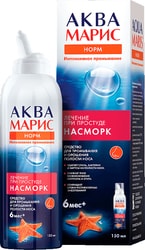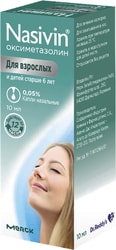Zinc is a vital micronutrient crucial for numerous bodily functions. It plays a key role in enzyme synthesis, acts as an antioxidant and immunomodulator, and supports the production of anabolic hormones, particularly testosterone. Athletes often supplement with zinc to maintain testosterone levels and boost immunity. Both men and women benefit from zinc for healthy hair, skin, and nails.
A zinc deficiency can manifest in various ways. Skin problems like dermatitis and acne are common, alongside brittle nails and hair loss. Children may experience developmental delays, while adults might see decreased hormone levels, impaired cognitive function (memory loss, mood changes), weakened immunity, fatigue, and muscle weakness.
Intense physical activity and strenuous workouts lead to significant zinc loss through sweat. Diets lacking sufficient zinc can further exacerbate the problem. Factors like consuming refined foods (such as white bread), and a diet low in nutrient-dense whole foods may contribute to zinc deficiency. Additionally, individuals with obesity often exhibit impaired zinc metabolism, requiring higher intakes.
Zinc stimulates insulin secretion and enhances insulin sensitivity. Studies show zinc supplementation can improve insulin resistance in obese individuals, boosting the effectiveness of low-calorie diets for weight loss and metabolic improvements.
Muscle mass gain depends on anabolic hormones like testosterone, a hormone whose production is supported by zinc. Intense training depletes zinc stores, making supplementation vital for athletes to maintain optimal hormone levels and muscle growth.
Research indicates that zinc supplementation can shorten illness duration and reduce the frequency of colds, especially in athletes. Zinc enhances immune cell activity, interferon production, and strengthens the skin and mucous membrane barriers. It also combats oxidative stress associated with viral infections by participating in the synthesis of antioxidants.
Zinc is essential for spermatogenesis and male reproductive health. Its deficiency can lead to sperm abnormalities and reduced fertility. It may also mitigate testicular damage from stressors like heavy metals, fluoride, and heat.
Observational studies suggest lower zinc levels in individuals with depression. Zinc supplementation, from both dietary and supplemental sources, may alleviate depressive symptoms, improve mood, and enhance the effectiveness of antidepressant medications.
The World Health Organization recommends 6.5-8 mg of zinc daily for women and 11-12 mg for men. Doses up to 40 mg are generally considered safe. However, high doses may negatively impact "good" cholesterol, increasing cardiovascular risks, disrupt mineral balance (reducing calcium and iron absorption), and potentially cause anemia. It is advisable not to exceed recommended daily allowances.
Adults: Take one capsule daily with a meal. Use for one month. Repeat as needed.
Keep out of reach of children. Protect from sunlight. Consult a doctor or healthcare professional before use. Store tightly closed after opening.
Zinc Citrate, Zinc Supplement, Zinc 25mg, Hair Growth, Skin Health, Nail Health, Immune Support, Testosterone, Bodybuilding, Weight Loss, Insulin Resistance, Male Fertility, Depression, Antioxidant, Micronutrient, Vitamins, Minerals, Supplements, Health, Wellness
